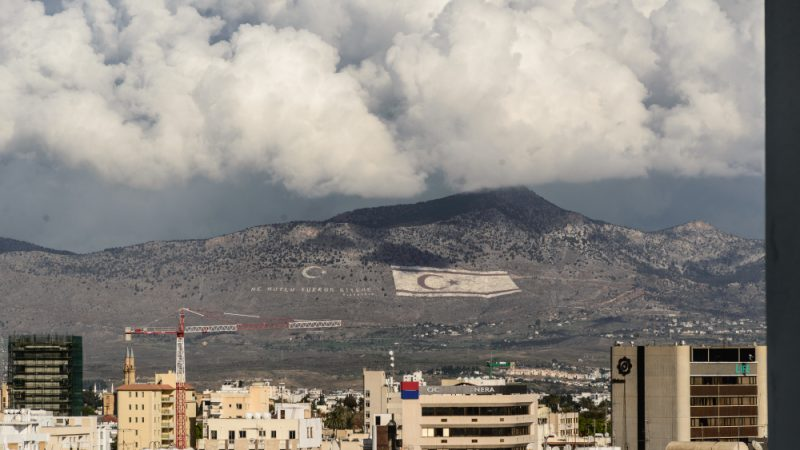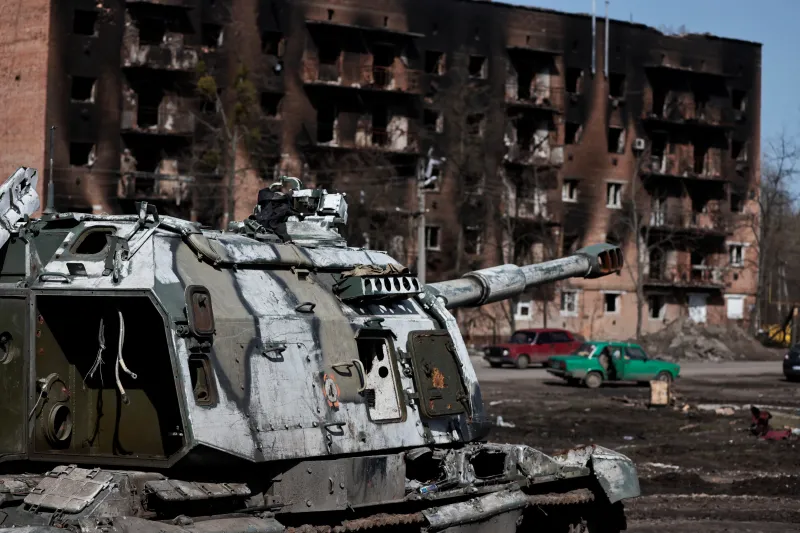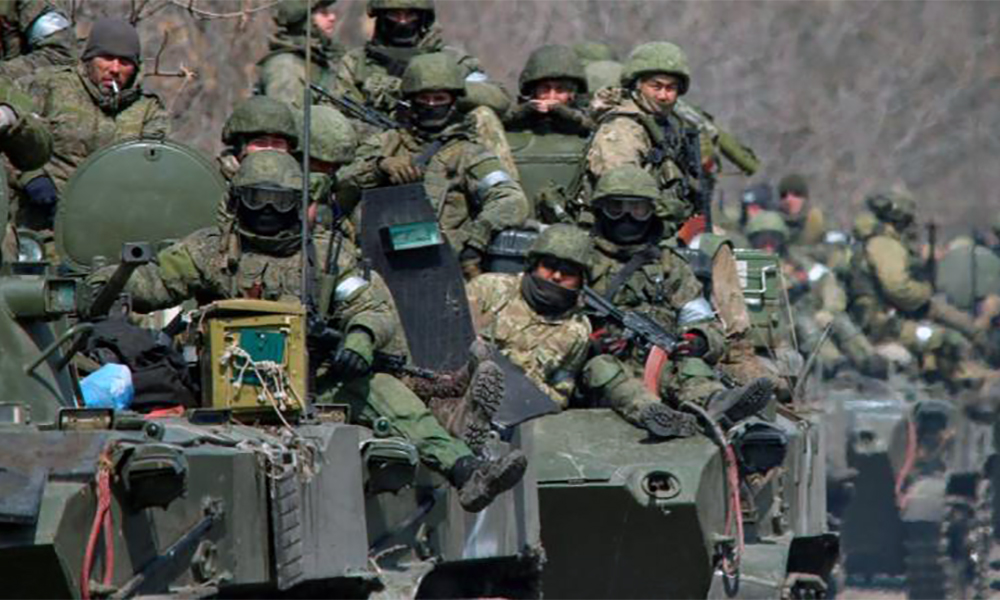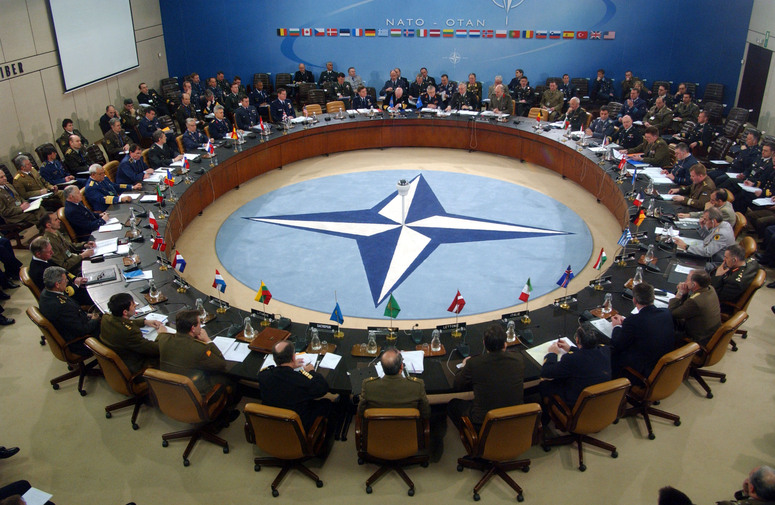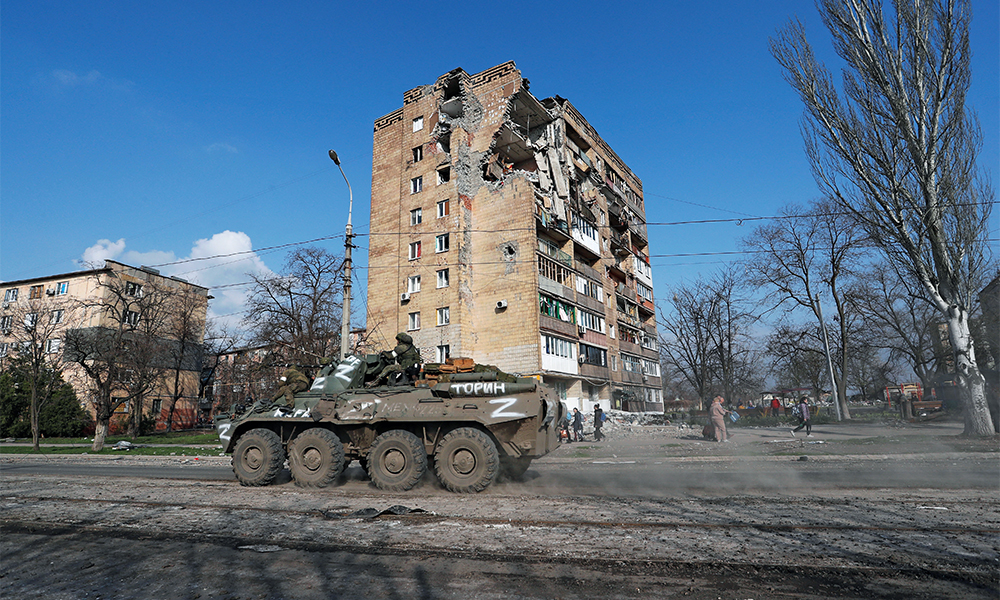Bulgarians reject Russia as model state
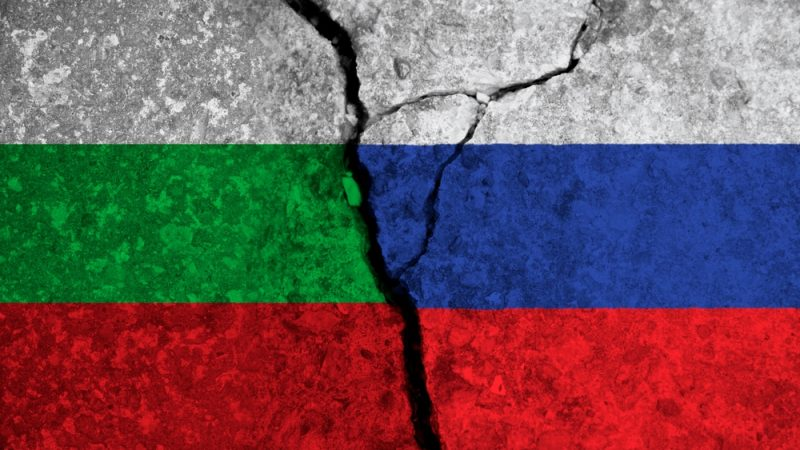
Only a quarter of Bulgarians trust Russian President Vladimir Putin as support for him has continued to decline since the start of the war, a nationally representative survey by Alpha Research has found.
The drop in Putin’s rating in Bulgaria in just one year is remarkable – a year ago, his positive rating was 55%. Now 61% of Bulgarians distrust the Russian president.

